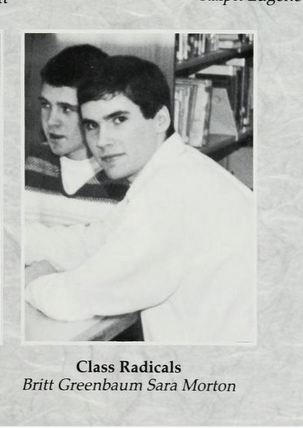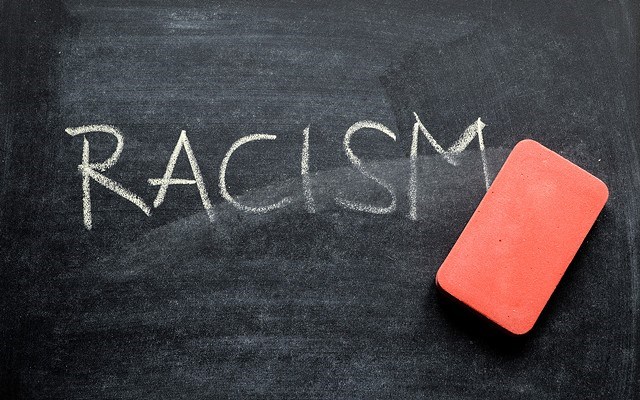Squamish, like every community, is not immune to racism.
The discovery that a well-known local climber Jesse James was allegedly Davis Wolfgang Hawke, a Nazi who started hate groups before going missing and assuming another life in Squamish, should also raise the question of who we are and what we represent.
Is there a reason a person who held white supremacist views would feel at home here?
The strange tale of James also raises the question of how we should put into perspective individual racist transgressions, past and present.
After we published our stories on Hawke, we faced some criticism that we were too sympathetic to him.
We struggled with that issue too, in covering him.
We were surprised when those who were willing to talk on the record to The Chief about Hawke, said the man they knew was a friend who didn’t spew racism, but instead was a guy who, to them at least, championed diversity in climbing.
I hope that was the case — that he had really changed.
I mean, redemption is possible, isn’t it? If not, there’s no hope.
Michael DeLuca went to high school at Westwood High School in Massachusetts in the 1990s with Hawke when he still carried his birth name, Andrew Britt Greenbaum.
He told The Chief he is somewhat skeptical of the redemption story, having known the man.
DeLuca penned a post on his blog, The Mossy Skull, on Aug. 15, 2017 — days after white supremacists took to the streets in a Unite the Right rally in Charlottesville, Virginia — about the time in high school he realized Hawke/Greenbaum was a white supremacist.
“He launched into the spiel: about how white men had valiantly made everything good in this world despite the tenacious resistance of everybody who wasn’t. About the white man’s burden specifically, it being our responsibility to keep everybody else on the right path. About the secret conspiracy of Jews,” recalls DeLuca on the blog.
“Since Charlottesville, I’ve been asking myself what I would do differently if he reappeared in my life, as Davis Hawke or whoever, and tried to recruit me now.”
The high school was in an affluent neighbourhood and primarily white.
DeLuca told me that at the time he thought of racism as something in the past that had been overcome.
“The impression I got was: ‘This is fixed now. You don’t have to worry about it,’” he recalled.
“That is why it was safe to treat him as a laughingstock.”

Knowing that Hawke went on to cause further pain by starting hate groups, DeLuca says he would have looked at him differently back in the day.
“If he would have given me the time of day, I would have tried to convince him that... people are at least capable of good,” he said.
“Thinking back, I would have paid more attention to the People of Colour of my school and their reactions to him. I regret that more than not trying harder to convince him not to think the way he was thinking.”
Racism does real harm and causes real trauma, notes Alan Dutton, director of the Canadian Anti-racism Education and Research Society (CAERS).
He told The Chief that racism in any form is something we should all take very seriously.
It is estimated 200 to 300 hate groups are currently operating in Canada, according to Dutton.
At least some are supported by international networks.
Recruiting is done online, mostly.
They are here and that has long been the case, he said.
“Anti-racist groups have had to organize and go on the streets to draw attention to these matters because a lot of people aren’t paying attention and others are saying racism is justified because there are groups that are taking over the country — it is a conspiracy theory.”
Squamish had its own anti-racism rally this summer, we should recall.
There needs to be support for more robust anti-racism courses in schools, Dutton said, and strong policies for dealing with racist incidents quickly and effectively.
Anti-racism groups also need funding so they can have staff, he said. “What we need to do is have a system of reporting [incidents] and that system doesn’t exist.”
To be clear, I am not saying residents in Squamish are joining hate groups.
In fact, I would venture to guess every person who lives here would say they are not racist.
But there is a bigger picture and threat looming.
We need to see the bigger picture.
The conclusion I come to knowing all this is that we have to take racism seriously, and with hope for change.



